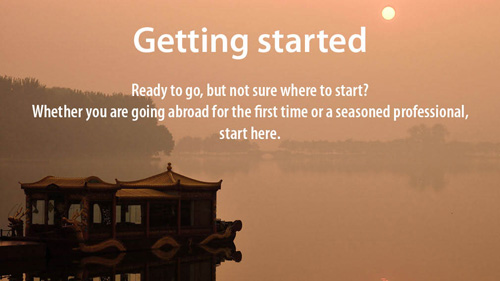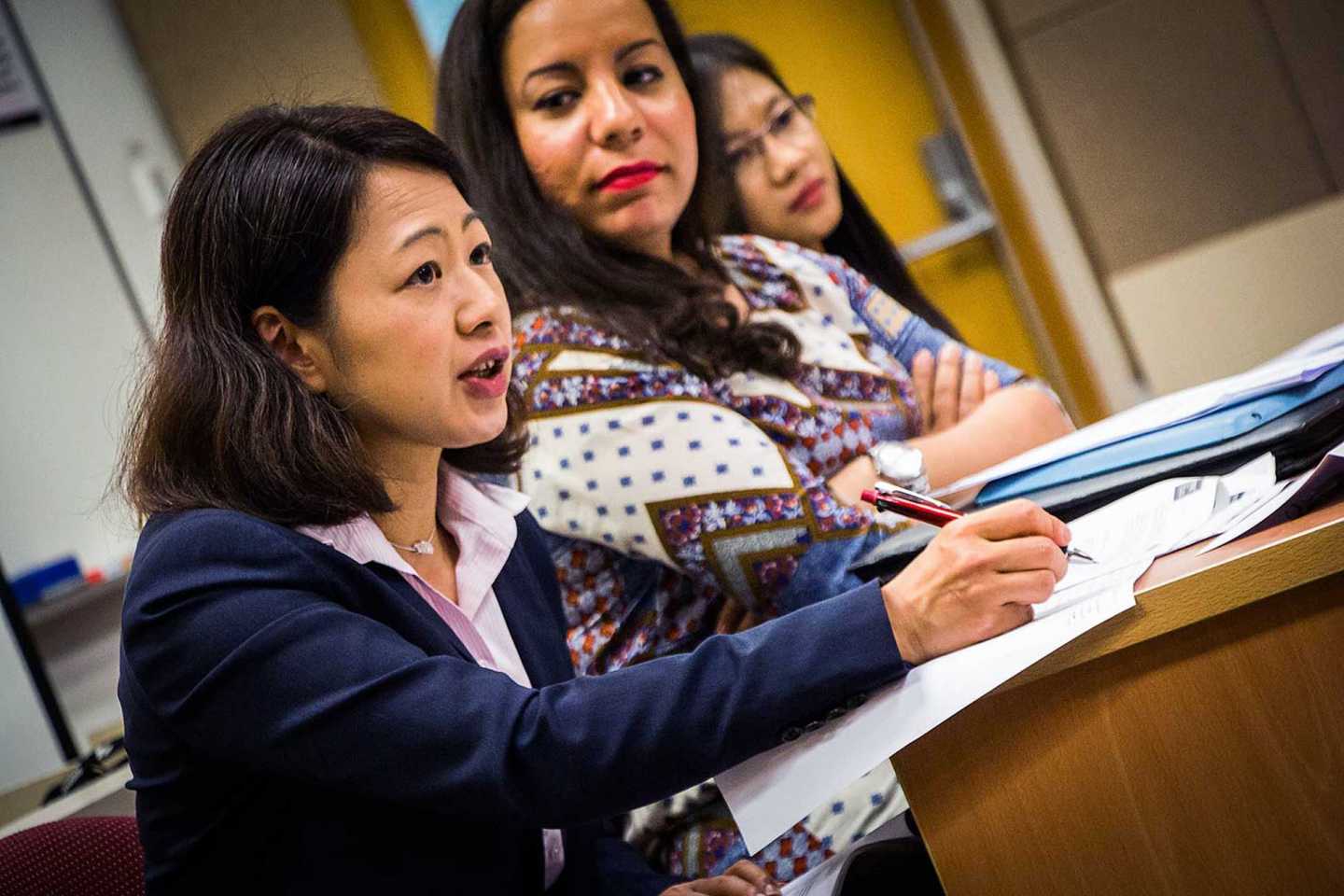Never before has the world faced such diverse opportunity and uncertainty when it comes to global politics, business, migration, environment, and human rights. What’s certain is one thing: lawyers capable of working beyond borders are needed to help interpret, defend, and work within local, regional, and international rules of law.
Do you want to practice international law – a specific body of law – or live abroad and work as a lawyer? What’s the difference between the two?
International law is a distinct body of law, closely related to public interest law, regulated by the rules set by international agreements and treatises on human rights, security, trade and investment. International law responds to the challenges posed by globalization, often focusing on issues related to public policy. Should countries be allowed to privatize water? How are civilians’ rights protected during conflicts? International lawyers often strive to find employment in the public sector, working for international government organizations, such as the United Nations, the International Court of Juris (ICJ), or the International Criminal Court (ICC), or working for non-profit organizations, including Oxfam and Amnesty International. But lawyers who specialize in international law can also find themselves representing multinational corporations, businesses, and investment companies to help negotiate their various interests in relation to globally regulated laws.
Living abroad and working as a lawyer is also a possibility, particularly for corporate and private law firms. Larger law practices often have offices around the world – providing attorneys with the opportunity to cure the traveler’s itch by serving one to two-year long placements abroad. It may not be necessary to specialize in international law, but depending on the country’s requirements for legal practicing attorneys, you may need to study, take another examination, and become licensed.
Regardless of how you get there, it’s an extraordinary time to consider a career as an international lawyer. The job portfolio is highly varied and dependent on your area of interest and specialization. You could be working for a human rights organization in South Africa to provide legal aid to Congolese refugees, or participating in drafting climate change treaties negotiations in Europe. You could strive to prosecute war criminals at the International Criminal Court, or defend the patent rights of pharmaceutical companies. Maybe you’ll specialize in intellectual property rights for start-ups in Asia, or facilitating investment transactions for international mining companies in South America.
But the experts agree: it’s an uphill journey to become an international lawyer, with steep requirements. At minimum, you’ll need a law degree (Juris Doctor), or a Masters of Law (LLM). Many lawyers will go on to specialize in fields of interest like human rights law, corporate law, international relations, gender issues, and so on. If you want to stand out from the crowd and find a job, you’ll have to start early in your university education to demonstrate a serious commitment to your area of specialization in the way of student involvement, volunteering for organizations, completing internships, publishing articles, and gaining critical work experience. “In order to succeed, you really need to take risks and put yourself out there – the greater the risk, the more rewarding the experience,” says Laura Faryna, who currently works in Pretoria, South Africa, at a legal aid clinic.
It’s a demanding climb to the top, but working as an international lawyer can provide you with the opportunity to travel the world, work in multicultural, dynamic environments, negotiate different rules of law, and make a lasting impact.
Add to Favorites


